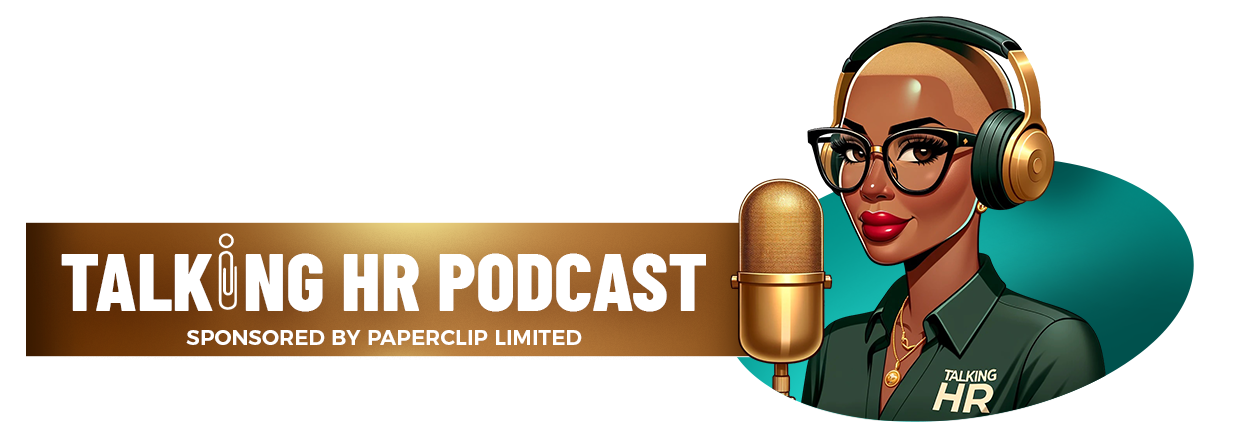Organizations must continuously adapt and grow to stay competitive. Organizational Development (OD) plays a crucial role in this process, focusing on improving an organization’s effectiveness and capability to achieve its goals. At the heart of successful OD initiatives is the Human Resources (HR) department. HR’s role in organizational development is multifaceted, encompassing a wide range of strategies and activities designed to enhance organizational performance and foster a positive work environment.
Understanding Organizational Development
Organizational Development is a systematic approach to improving an organization’s capacity to handle internal and external changes. It involves the application of behavioral science principles to effect planned change, focusing on the development of human potential, team dynamics, and organizational structures. The ultimate goal of OD is to create a resilient organization that can thrive in a dynamic environment.
Key Roles of HR in Organizational Development
Strategic Planning and Change Management
- Aligning HR and OD Goals: HR ensures that OD initiatives align with the organization’s strategic objectives. This involves integrating HR practices with the company’s vision, mission, and long-term goals.
- Facilitating Change: HR plays a critical role in managing change processes. This includes communicating change initiatives, training employees, and providing support to ensure smooth transitions.
Talent Management and Development
- Recruitment and Selection: HR is responsible for attracting and selecting individuals who not only possess the required skills but also align with the organizational culture and values.
- Training and Development: Continuous learning and development are vital for organizational growth. HR designs and implements training programs that enhance employees’ skills and competencies, preparing them for future challenges.
Performance Management
- Setting Performance Standards: HR establishes clear performance standards and metrics that align with organizational goals. This helps in evaluating employee performance objectively.
- Feedback and Appraisals: Regular feedback and performance appraisals conducted by HR help in identifying areas for improvement and recognizing employee achievements.
Building a Positive Organizational Culture
- Promoting Core Values: HR ensures that the organization’s core values are communicated and embraced by all employees. This fosters a cohesive and positive work environment.
- Employee Engagement: HR develops strategies to engage employees, making them feel valued and motivated. Engaged employees are more likely to contribute positively to the organization’s development.
Enhancing Communication and Collaboration
- Facilitating Communication: Effective communication is key to successful organizational development. HR facilitates open and transparent communication channels across all levels of the organization.
- Team Building: HR organizes team-building activities and initiatives that enhance collaboration and teamwork, leading to a more harmonious and productive work environment.
Managing Organizational Structure
- Designing Organizational Structures: HR is involved in designing and restructuring organizational hierarchies to ensure optimal efficiency and effectiveness.
- Role Clarity: HR ensures that roles and responsibilities are clearly defined, reducing ambiguity and enhancing accountability.
The Benefits of HR-Driven Organizational Development
Improved Performance and Productivity:Through strategic planning, performance management, and continuous development, HR-driven OD initiatives lead to improved employee performance and overall productivity.
Enhanced Employee Satisfaction and Retention: A positive organizational culture, opportunities for growth, and effective communication contribute to higher employee satisfaction and retention rates.
Greater Adaptability and Innovation
HR’s role in facilitating change and fostering a culture of continuous learning enables the organization to adapt quickly to market changes and drive innovation.
Stronger Organizational Identity
By promoting core values and enhancing communication, HR helps build a strong organizational identity that attracts talent and instills pride among employees.
The role of HR in organizational development is pivotal to the success and growth of any organization. By aligning HR strategies with organizational goals, fostering a positive culture, and enhancing communication, HR can drive significant improvements in performance, employee satisfaction, and overall organizational effectiveness. Embrace the power of HR in organizational development and set your business on the path to sustainable growth and success.
Are you ready to leverage HR for effective organizational development? Contact Paperclip today for expert HR consulting services tailored to help your business achieve its full potential. Visit our website or reach out to us to get started!




Leave a Reply